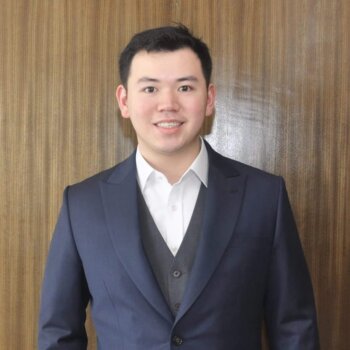The continuing global expansion of the coronavirus, now classified by the World Health Organization as an international health emergency not only means growing numbers of infected people, restrictions on mobility, cancellations of events and a downturn in the global economy: it is also making it clear that research, when it is intended to be quick and efficient, is best carried out transparently rather than in secret.
The scientific community has reacted to the rapid transmission of the virus and the need to find a vaccine by calling for all research to be shared, giving rise to a way of working and a culture which, while it may be new to many, is capable of significantly improving the development of science and showing what we as a species are capable of when we organize ourselves to solve a problem.
The publication of data and research results in an open and accessible format allows the scientific community to progress more quickly towards isolating the virus, sequencing its genetics and developing possible simple diagnostic tests or vaccines. Slack groups that share discussions between different research teams, pre-publication of results in open format, collective review processes, journals that publish studies much more quickly than usual… a shared drive to reach a common goal provides many opportunities to improve scientific communication, a community that traditionally hasn’t focused on speed or efficiency.
The first complete sequencing of the virus, at Fudan University in Shanghai, was obtained relatively quickly. What happened? The results were immediately published in GenBank, an open data repository that other research teams around the world can access to feed their work. This practice fueled a dynamic that has already led to more than 81 different virus configurations being shared in that same repository, and 189 more through the China National Genomics Data Centre. In addition, the WHO and national organizations also publish open statistical data, such as the number of infected patients, which can help researchers map the spread of the virus and provide the public with up-to-date and transparent information.
When you are looking for a quick solution to a problem, aligning the scientific community and sharing data openly is much more efficient than generating competitive dynamics where each team works only with the data it is able to obtain by itself: a lesson we should learn no longer for a newly developed disease like the coronavirus, but for many others.
Keeping calm, putting things in context and taking advantage of crises to obtain something positive is fundamental. Faced with an event that could impose severe restrictions on our societies, intelligent companies are developing contingency plans to protect their workers, while finding ways to keep operating: working from home, tools for coordination or virtual meetings are not simply a matter of installing software and using it: they require in many cases some training, the development of appropriate protocols and above all, practice. If you know what you are doing, you will be creating protocols that test your company’s ability to continue working in emergencies.
There is another lesson to be drawn from the crisis: many jobs are done better when they people are able to work from home or wherever they consider appropriate. Many trips and journeys, in fact, are unnecessary. If you run an organization or department, take this opportunity to reformulate your work dynamics, your way of doing things, and also to share your experience and the best practices developed with the rest of the business community. Let’s work together: one of the best lessons that can be drawn from these crises is the creation of large collective projects.
About the Author
This article was written by Enrique Dans, professor of Innovation at IE Business School and blogger at enriquedans.com.





























